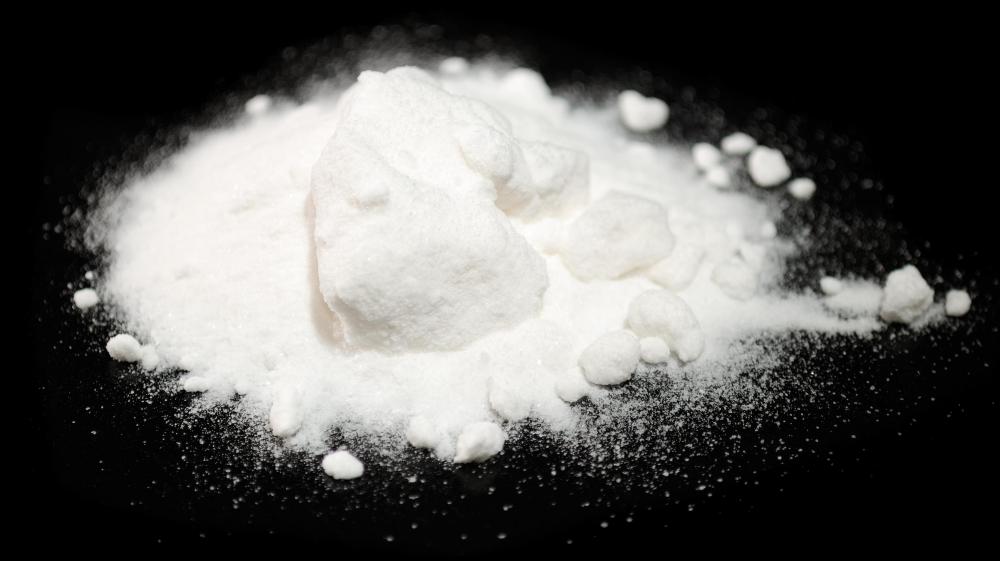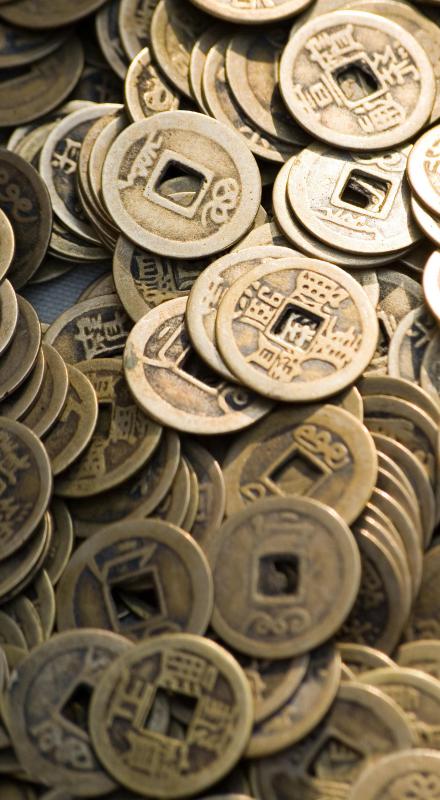At WiseGEEK, we're committed to delivering accurate, trustworthy information. Our expert-authored content is rigorously fact-checked and sourced from credible authorities. Discover how we uphold the highest standards in providing you with reliable knowledge.
How do I Clean Coins?
When it comes to cleaning a coin the rule is if the coin is valuable or if the coin has an unknown value, then the best thing to do is to either leave the coin in its present condition or seek a professional coin dealer or collector to evaluate the coin. The reason why it is not recommended to clean a coin that has a known or unknown value is due to the way that a coin is valued by coin dealers. In most cases, when an old coin has been cleaned by anyone other than a professional the coins value is depreciated due to the damage to the coins delicate finish caused by the amateur cleaning.
Although consulting a professional coin collector or dealer is strongly recommended when considering cleaning a coin, there is a method to clean coins that is recommended by the United States Mint. This method to clean coins consists of simply taking a piece of cotton that has been moistened and applying a paste that consists of baking soda and a small amount of water to the coin. Be careful to rub the coin gently to avoided damaging the coin's original finish. Harsh chemicals or cleaning methods like jewelry cleaners, sulfuric acids, vinegar, polishing cloths, hard bristled brushes, and rock tumblers must be avoided, if any of these harsh chemicals or cleaning methods are used when attempting to clean coins the coin will most likely be damaged and decrease in value.

Remember it is not recommended to clean any coin without assessing its value first, after the coin's value is known and has been identified--in most cases, cleaning valuable coins is not recommended even if the cleaning is done by a professional. The reason cleaning valuable, and in most cases old, coins is not recommended is because the value of most coins is judged by how the original condition is maintained.

The best way to preserve a coin to prevent it from losing its original finish is to keep it in a collector's book or case, away from damp or wet areas to prevent corroding, and to handle the coin by touching only its sides. By only touching a coin's sides, the finish is less likely to be damaged by the oils that every person contains in their skin.

Cleaning a coin is serious task, if done incorrectly the value of the coin could drop dramatically, since clean coins are not always valuable coins. This is why the cleaning of a coin should only be done by a coin dealer or collector if the value of the coin is of any importance. If the value of the coin is not important to its collector than the United States Mint recommended method for coin cleaning is the best method to use for clean coins.
AS FEATURED ON:
AS FEATURED ON:















Discussion Comments
I have used acetone to remove the sticky residue from the coins. In my case they were low value Indian Cents, but this should work with silver or gold coins just as well. This does not hurt the coin surface if done properly. If acetone doesn't work, you can also try paint thinner.
Acetone is a flammable liquid. Use in a well ventilated area, no smoking, keep out of reach of children, etc.
What you will want to do is to pour some of the solvent into a glass jar that has a lid, and put the coins in to soak for at a couple of hours - with the lid on. The residue should dissolve into the acetone or turn into a "goo" that you can then wipe off with a piece of soft cloth. It should come right off without rubbing. If it doesn't either soak longer or try a different solvent. Try one or two coins first before you dump the whole bunch in.
Rinse the coins in a little bit more clean solvent, then allow them to dry. There is no need to rub the coins dry -- the solvent will simply evaporate. This will also remove any grease that has deposited itself on the surface. So you may find that they have a "dry" look to them.
I recently inherited coins from my father. He
assembled many of them on card or paper stock. They were attached with pieces of rolled
masking or scotch tape. The coins now have s sticky adhesive area on them. Does anyone have any ideas how to remove it?
Post your comments